
Mark Maybury
MARK MAYBURY is Stanley Black & Decker’s first Chief Technology Officer. In this position, Mark manages a team across the company's businesses and functions and advises on technological threats and opportunities, as well as provides access to all elements of the global technology ecosystem.
Prior to joining Stanley Black & Decker, Mark spent 27 years at The MITRE Corporation, where he held a variety of strategic technology roles. Most recently he served as Vice President of Intelligence Portfolios and prior to that was MITRE's Vice President and Chief Security Officer and Director of the National Cybersecurity Federally Funded Research and Development Center (FFRDC). Before joining MITRE, Mark served as a U.S. Air Force officer. He later returned to the Air Force as Chief Scientist from 2010 to 2013 where he advised the Chief of Staff and Secretary of the Air Force on a wide range of scientific and technical issues.
He is currently a board member on the Defense Science Board, Mark Twain House and Museum Board and the Connecticut Science Center Board and previously served on multiple years of service on the Air Force Scientific Advisory Board and the Homeland Security Science and Technology Advisory committee. He is a fellow in both the IEEE and the Association for the Advancement of Artificial Intelligence.
Mark earned a bachelor's degree in mathematics from College of the Holy Cross (Fenwick Scholar, valedictorian), a master's degree in computer speech and language processing from Cambridge University, England (Rotary Scholar), a Master of Business Administration from Rensselaer Polytechnic Institute, and a doctoral degree in artificial intelligence also from Cambridge University.

Aart de Geus
Since co-founding Synopsys in 1986, Aart has expanded Synopsys from a start-up synthesis company to a global high-tech leader. He has long been considered one of the world's leading experts on logic synthesis and simulation, and frequently keynotes major conferences in electronics and design automation. Dr. de Geus has been widely recognized for his technical, business, and community achievements with multiple awards including Electronic Business Magazine's "CEO of the Year," the IEEE Robert N. Noyce Medal, the GSA Morris Chang Exemplary Leadership Award, the Silicon Valley Engineering Council Hall of Fame Award, and the SVLG Lifetime Achievement Award. He serves on the Boards of the Silicon Valley Leadership Group, Applied Materials, the Global Semiconductor Alliance, and the Electronic System Design Alliance.
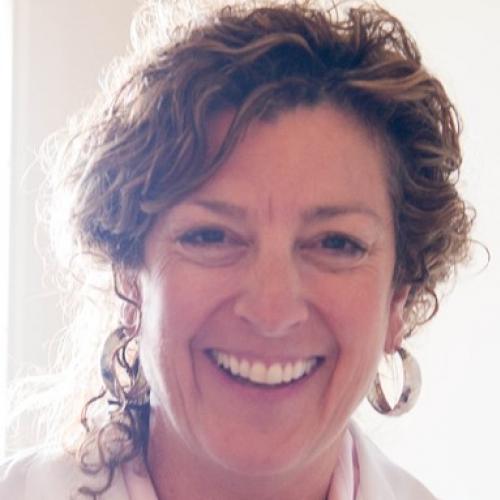
Dr Elizabeth Mueller

Missy Lavender
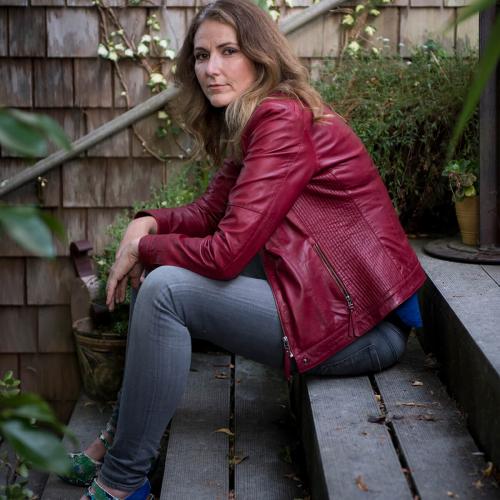
Dr. Jen Gunter
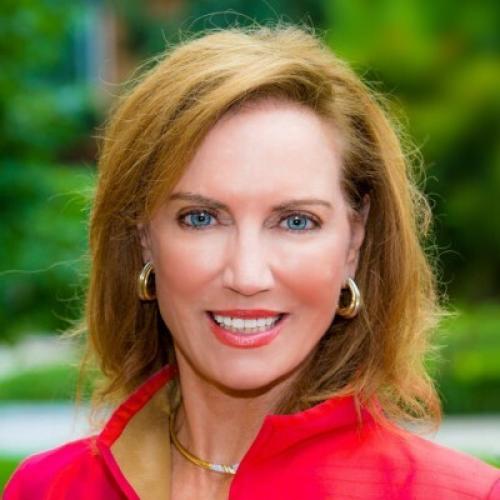
Dr. Pam Peeke
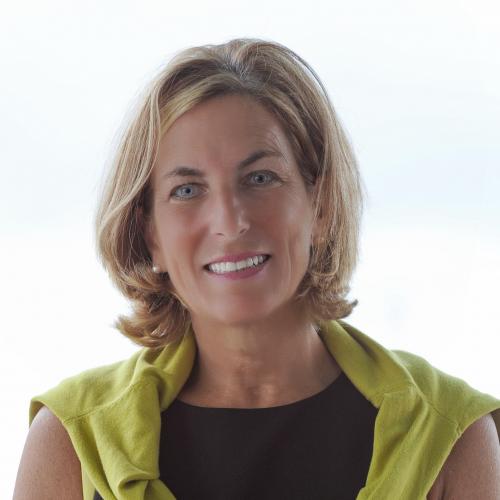
Beth Battaglino
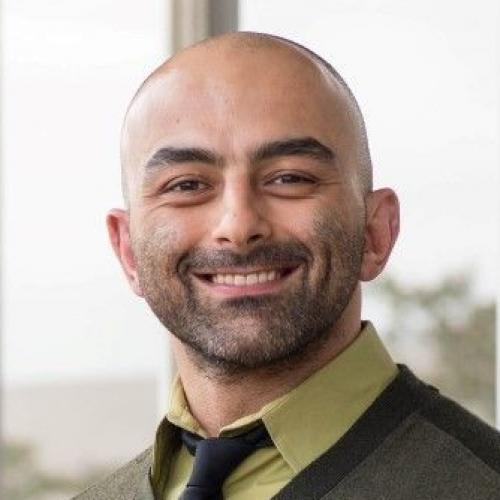
Ashkan Seyedi
Ashkan Seyedi is a senior research scientist for Hewlett Packard Labs. Ashkan received a dual bachelor’s degree in electrical and computer engineering from the University of Missouri-Columbia. He earned his Ph.D. from the University of Southern California working on photonic crystal devices, high-speed nanowire photodetectors, efficient white LEDs, and solar cells. Since 2014 at HPE, he has worked on developing high-bandwidth, efficient optical interconnects for exascale and high-performance computing applications.
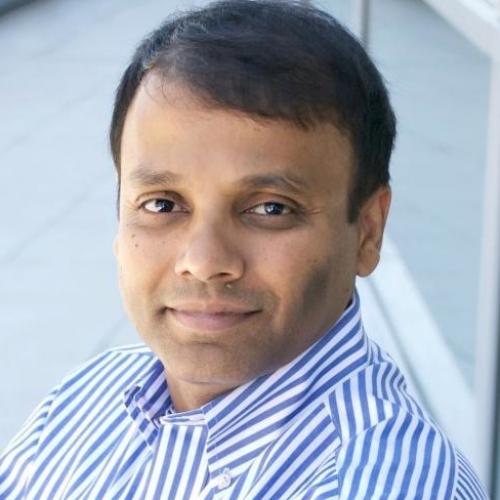
Subhasish Mitra
Subhasish Mitra is Professor of Electrical Engineering and of Computer Science at Stanford University. He directs the Stanford Robust Systems Group, leads the Computation Focus Area of the Stanford SystemX Alliance, and is a member of the Wu Tsai Neurosciences Institute. Prof. Mitra also holds the Carnot Chair of Excellence in NanoSystems at CEA-LETI in France. His research ranges across Robust Computing, NanoSystems, Electronic Design Automation (EDA), and Neurosciences. Results from his research group have influenced almost every contemporary electronic system, and have inspired significant government and research initiatives in multiple countries. Prof. Mitra also has consulted for major technology companies including Cisco, Google, Intel, Samsung, and Xilinx.
In the field of Robust Computing, he has created many key approaches for circuit failure prediction, on-line diagnostics, QED system validation, soft error resilience, and X-Compact test compression. Their adoption by industry is growing rapidly, in markets ranging from cloud computing to automotive systems. His X-Compact approach has proven essential for cost-effective manufacturing and high-quality testing of almost all 21st century systems, enabling billions of dollars in cost savings.
With his students and collaborators, he demonstrated the first carbon nanotube computer. They also demonstrated the first 3D NanoSystem with computation immersed in data storage. These received wide recognition: cover of NATURE, Research Highlight to the US Congress by the NSF, and highlight as "important, scientific breakthrough" by global news organizations.
Prof. Mitra's honors include the Newton Technical Impact Award in EDA (test of time honor by ACM SIGDA and IEEE CEDA), the Semiconductor Research Corporation’s Technical Excellence Award, the Intel Achievement Award (Intel’s highest honor), and the US Presidential Early Career Award. He has published award-winning papers at major venues such as the Design Automation Conference, International Solid-State Circuits Conference, International Test Conference, Symposium on VLSI Technology, and Formal Methods in Computer-Aided Design. Stanford undergraduates have honored him several times "for being important to them." He is an ACM Fellow and an IEEE Fellow.
